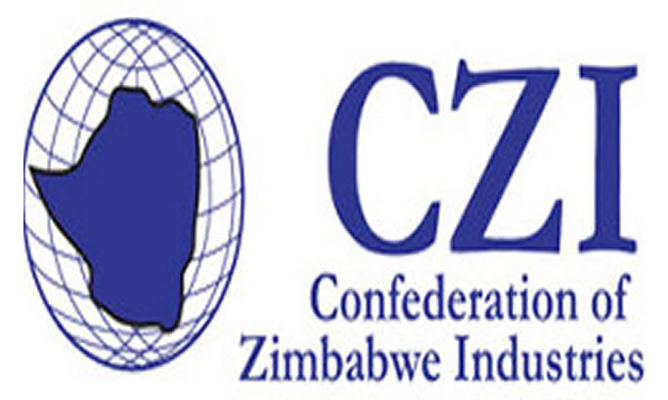
STAKEHOLDERS are mobilising resources for a research on the framework and presentation on internal devaluation meant to make the economy competitive in the wake of a strong United States dollar.
BY VICTORIA MTOMBA
Confederation of Zimbabwe (CZI) Industries president, Busisa Moyo said the body, National Economic Consultative Forum, ZimTrade and the Reserve Bank of Zimbabwe (RBZ) had agreed on the need for the nationwide and comprehensive cost reduction process.
“We are mobilising resources for a full and comprehensive study with a framework for implementation to make it easy for policymakers. This is a follow up from the recommendations from the cost driver study from October 2014,” he said.
Moyo said the study could cost between $100 000 and $250 000 and would be based on time and materials of the researchers.
“The country urgently needs this study to be export competitive and to supply local consumers at affordable prices,” he said.
Internal devaluation occurs when a country seeks to regain competitiveness through lowering wage costs and increasing productivity, but not reducing value of exchange rate.
- Chamisa under fire over US$120K donation
- Mavhunga puts DeMbare into Chibuku quarterfinals
- Pension funds bet on Cabora Bassa oilfields
- Councils defy govt fire tender directive
Keep Reading
The use of the multi-currency regime since 2009 has created headaches for the economy, with monetary authorities moaning over the loss of its ability to manage the exchange rate for export competitiveness purposes.
In his 2015 monetary policy statement, RBZ governor, John Mangudya proposed that Zimbabwe should consider fiscal and internal devaluation to promote export competiveness in the absence of its ability to effect nominal exchange rate adjustments.
Mangudya said fiscal and internal devaluation were viable options after the loss of monetary autonomy and lack of exchange rate flexibility to enhance export competitiveness.
Internal devaluation, Mangudya said, entailed that a country, which cannot devalue its nominal exchange rate, can gain competitiveness and promote export performance through streamlining domestic costs of production.
He said measures to enhance competitiveness through reduction in production costs amounted to depreciation in the real exchange rate in a manner that was promotive of exports.
“This is particularly important as Zimbabwe’s implied real effective exchange rate is currently over-valued by an estimated 45%. This largely reflects the progressive appreciation in the US$ underpinned by strong economic recovery in the US and accommodative monetary policy measures adopted in most euro zone countries,” Mangudya said.
He said under the fiscal devaluation, value added tax could be imposed on selected imports that had close local substitutes. Simultaneously, an equivalent reduction would be effected on payroll taxes such as employers’ social contributions, Mangudya said.
A study by the Zimbabwe Economic Policy Research Unit (Zeparu) done last year recommended internal devaluation.
Zeparu said since the country adopted the multicurrency system in 2009, the economy was facing increased competition from South African imports and the depreciation of the South African rand made imports cheaper and exports uncompetitive.
Moyo said during the first quarter of the year business was low and output has gone down between 10-20% although the statistics were being compiled.












